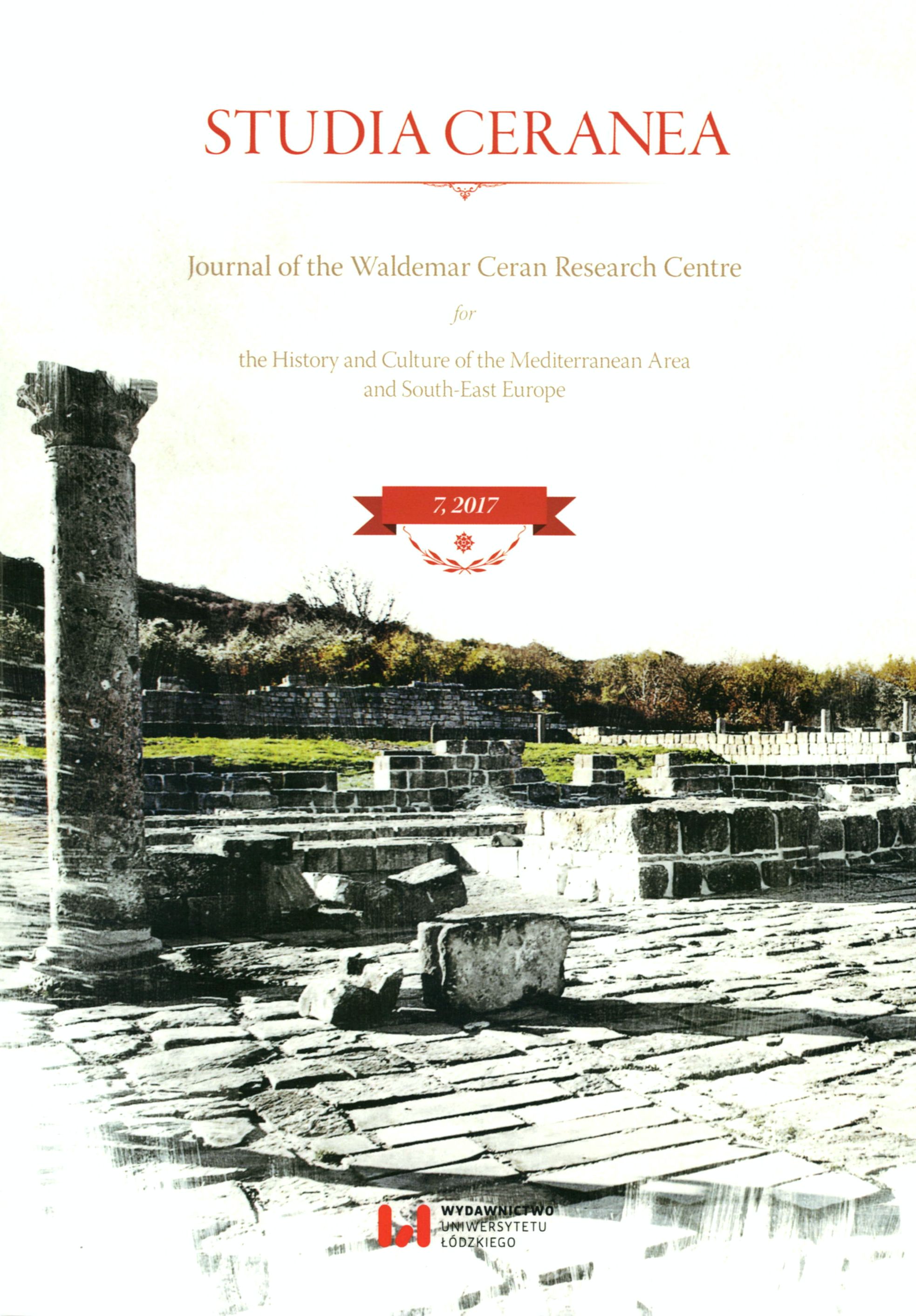The Pious Life of Empress Helena, Constantine the Great’s Mother, in the Light of Socrates of Constantinople and Sozomen
The Pious Life of Empress Helena, Constantine the Great’s Mother, in the Light of Socrates of Constantinople and Sozomen
Author(s): Sławomir BralewskiSubject(s): Christian Theology and Religion, Archaeology, Ancient World
Published by: Wydawnictwo Uniwersytetu Łódzkiego
Keywords: Helena; Constantine the Great; Socrates; Sozomen; Holy Cross
Summary/Abstract: In his Ecclesiastical history, Socrates depicts Helena as a pious, strong and independentwoman, the mother of the emperor, realizing her own ideas and acting as a tool in the hands of God– the ultimate inspiration of her actions. The emperor, her son, only supported her in her undertakings. According to Socrates, Helena travelled to Jerusalem to answer God’s call; there, she organizedthe search for the Sepulchre and the Holy Cross and found them. She was supported by Macarius, the bishop of Jerusalem, who, after God’s intervention, distinguished the True Cross from the crossesof the two villains. The empress divided the relics and sent some of them to her son to Constantinople; moreover, in the Holy Land, she built three basilicas connected with the life of Christ. Finally,Socrates mentions her piety and discusses the place of her burial. Conversely, in Sozomen’s accountof the recovery of Christ’s Sepulchre and the relics, the main role is played by emperor Constantine, who wished to repay God for his blessings; he ordered the search and the construction of the basilicaon Mount Golgotha. His mother only supported him in his plans, led by her devoutness, to whichSozomen pays more attention than his predecessor – he emphasizes Helena’s sensitivity to humanpoverty and suffering. The emperor was also involved in her generous deeds and gave her access to the imperial treasury. Thus, as indicated by Sozomen, Helena’s piety brought prosperity both to her family and to the whole Roman Empire.
- Issue Year: 2017
- Issue No: 7
- Page Range: 27-39
- Page Count: 13
- Language: English

